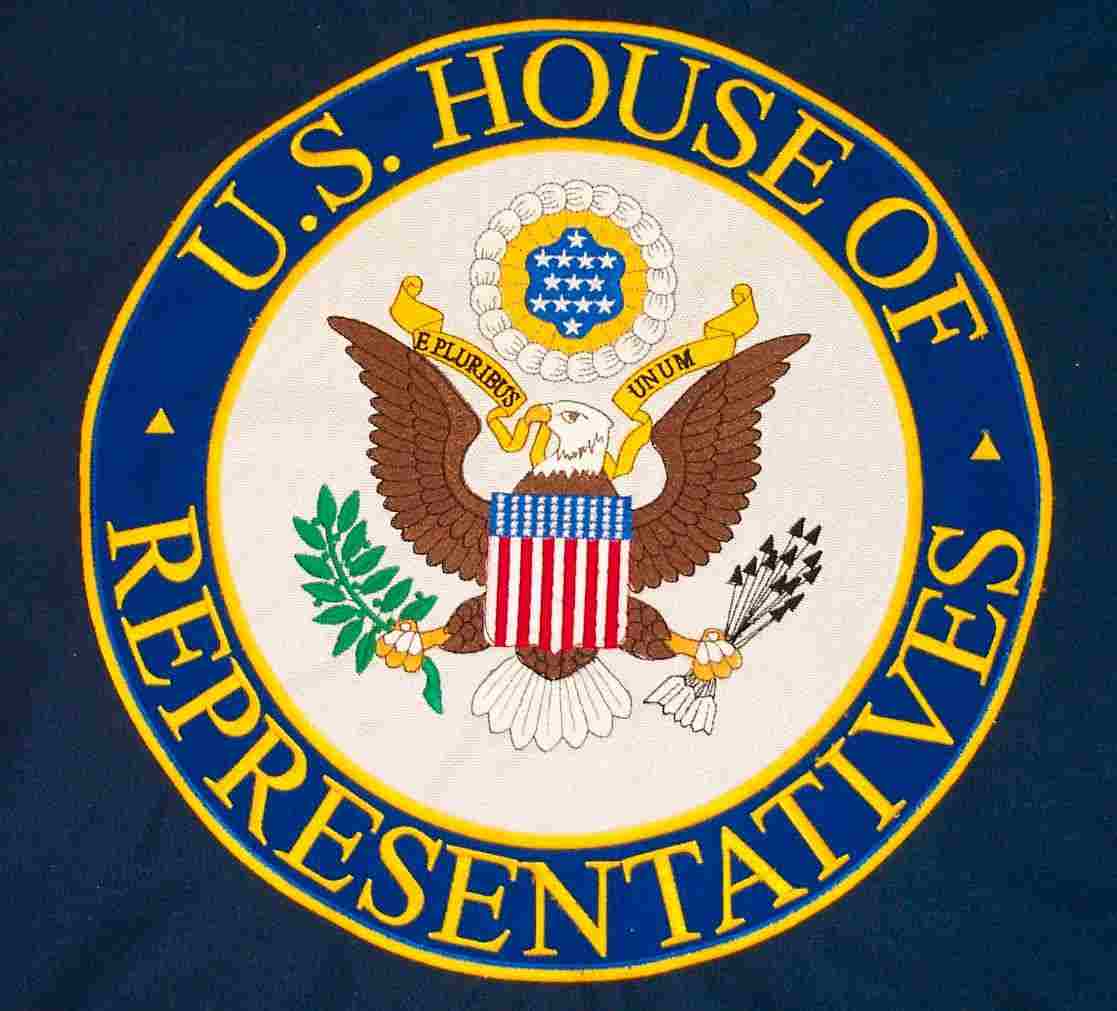Drug testing on hold due to US government shutdown
As large parts of the US government have shut down due to the failure of Congress to agree on a new national budget, much state drug testing has shut down too – including testing in some highly sensitive areas. Department of Transportation employees are among those affected, including air traffic controllers.
Because they are considered essential, air traffic control (ATC) staff are still required to work during the shutdown, although they are receiving IOU notes in lieu of actual pay. Ordinarily they are required to undergo regular checks; however, at present US airports are running on skeleton staff, which means that no security inspections of premises are being undertaken.
Due to the importance of alertness and precision in their work, ATC staff are forbidden to take many therapeutic drugs in addition to being tested for illegal ones. When they have medical problems they are required to get express permission to work whilst taking each new kind of prescription medication; in some cases they are forced to give up ATC work because of the treatment required for medical conditions that would not otherwise be a barrier to employment.
The strictness of standard US ATC drug testing regulations has itself been criticised for potentially putting aeroplane passengers at risk. Most ATC staff do shift work but are unable to take over-the-counter sedatives to help them sleep because these would show up in tests and be considered unacceptable. Staff have argued that this can leave them with chronic sleep problems, making them tired and slowing their reflexes when they are at work. A fatal 2006 crash in Kentucky was partly put down to exhaustion on the part of the controller whose job it was to guide the plane during take-off. In the UK, the rules are more flexible and traces of legal sedatives in the body are not a disciplinary issue unless they are considered to be at high enough levels to affect job performance. Acceptable blood alcohol levels, however, are well below the level at which it is legal to drive.
Despite the precautions taken in the US, drink and drug abuse is known to go on. In 2011 a veteran member of Denver’s ATC team made headlines after he was found to have excessive levels of alcohol in his system, whilst five other control staff from different parts of the country were described as having serious problems following investigations over just five months.
Other areas of US transport infrastructure could also be affected by the temporary absence of drug testing, as all work considered non-essential is cancelled. Though maintaining international transit connections has been made a priority, long queues at passport control are expected and may affect Canada and Mexico’s land borders and international shipping. With sailors normally only tested for drugs when in port, many will now go without tests for several weeks or even months. Other workers, however, have been advised that taking the opportunity to indulge is not a good idea, as some drugs could leave traces that can still be detected after things return to normal.

